A sustainable approach to improve your profitability
What is sustainability in business? Why is it important to your business? How can your business be more sustainably-minded?
SUSTAINABLE ITDIGITAL TRANSFORMATIONIT STRATEGY
5/19/20254 min read


What is Sustainability in business?
Sustainability in business is "to operate in a way that meets present needs, without compromising the ability of future generations to meet theirs", by:
reducing Environmental impact
ensuring Social responsibility
maintaining Economic viability
In smaller companies, this might mean:
adopting practices that minimise waste and optimise resources
aligning with evolving consumer and regulatory expectations
making the most of their agility to innovate quickly and lead the way
In larger companies, the term ESG is used to monitor a company’s performance and impact in 3 areas:
Environmental: carbon footprint, water usage, waste management, and efforts to reduce pollution and resource consumption
Social: how a company treats its employees, customers, suppliers, and communities - includes factors like workforce practices, employee diversity and inclusion, product safety, and community engagement
Governance: a company’s management structure, board composition, shareholder rights, and ethical business practices - aims to ensure transparency, accountability, and responsible decision-making within the organisation
Why is Sustainability important to your business?
Shifting toward sustainability isn’t just an ethical decision - it’s a profitable one…
cost savings: energy efficiency and waste reduction lowers operational costs
customer trust & brand loyalty: customers are increasingly choosing businesses that align with their values. Strong sustainability commitments boosts customer engagement and sales
regulatory compliance: the UK government is pushing for net-zero emissions by 2050, regulations around sustainability are tightening year by year. Stay ahead of these changes to prevent penalties and disruptions
competitive advantage: in a crowded market, sustainability can be a key differentiator, helping businesses stand out and attract eco-conscious customers
risk reduction: being proactive about sustainability avoids reputational damage & future compliance costs
investor attraction: many investors now prioritise ESG factors when funding businesses
long-term growth: sustainability isn’t just about reducing environmental impact - it’s about future-proofing your business against economic and environmental shifts
Adopting green practices early sets a strong foundation for future success
How to be a more sustainably-minded organisation
Practical strategies to cut costs, attract customers, and future-proof your business...
1. Reduce your overheads through sustainability initiatives
energy efficiency - small steps cut bills without big investments
switch to LED lighting
invest in energy-saving technologies
install smart thermostats to optimise heating and cooling systems
negotiate green energy tariffs
digital-first approach
go paperless and reduce physical waste
cloud storage saves money on printing, storage, and postal costs
Smart packaging
use biodegradable, recyclable materials or minimalist packaging to reduce waste and costs
2. Green your supply chain
source locally to cut transport costs and emissions
partner with suppliers who offer sustainable, cost-effective solution
buy in bulk where possible, reducing waste and per-unit costs
3. Attract eco-conscious customers
showcase your sustainability efforts in your marketing - customers prefer ethical businesses
offer green alternatives to competitors’ products/services
earn eco-certifications (like B Corp or Carbon Neutral) to build trust and attract loyal customers
4. Monetise waste & upcycling
sell or repurpose waste products (e.g., excess materials into new goods)
offer refurbished or second-hand options to customers
convert organic waste into compost or biofuel, if possible
5. Utilise grants and other incentives
look into UK government grants supporting sustainable businesses
apply for low-interest loans designed for green initiatives
claim tax deductions for eco-friendly investments
6. Sustainable transport & logistics
-use electric vehicles or public transport for work travel
-offer local delivery or collection options to cut fuel costs
-partner with green couriers to show commitment to sustainability
7. Make your employees & contractors part of your sustainability mission
-encourage remote work to save on office space and commuting emissions
-offer eco-incentives such as cycle-to-work schemes for employees
8. Reduce your carbon footprint
Implement the actions above!
track and offset emissions
use green energy providers
track carbon output with digital tools
get familiar with the GHG protocol
- contact us to find out more
9. Regulatory Compliance
Stay ahead of sustainability regulations to avoid penalties and benefit from government incentives.
Get in touch today for your free consultation
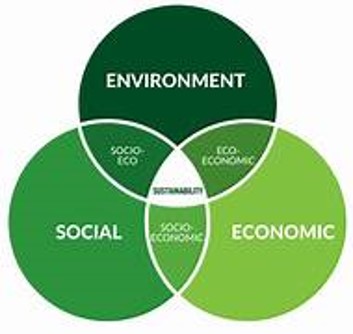



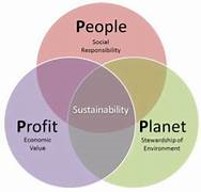

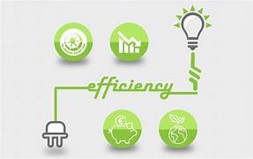











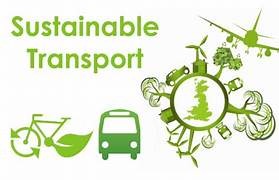



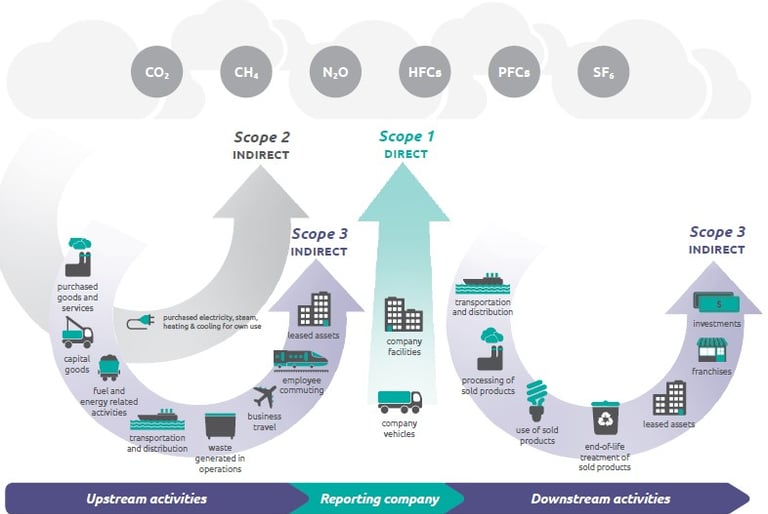

Kingsmead Management Consultants Limited. Registered in England. Company no. 10009348 Terms of use Privacy policy Contact us
